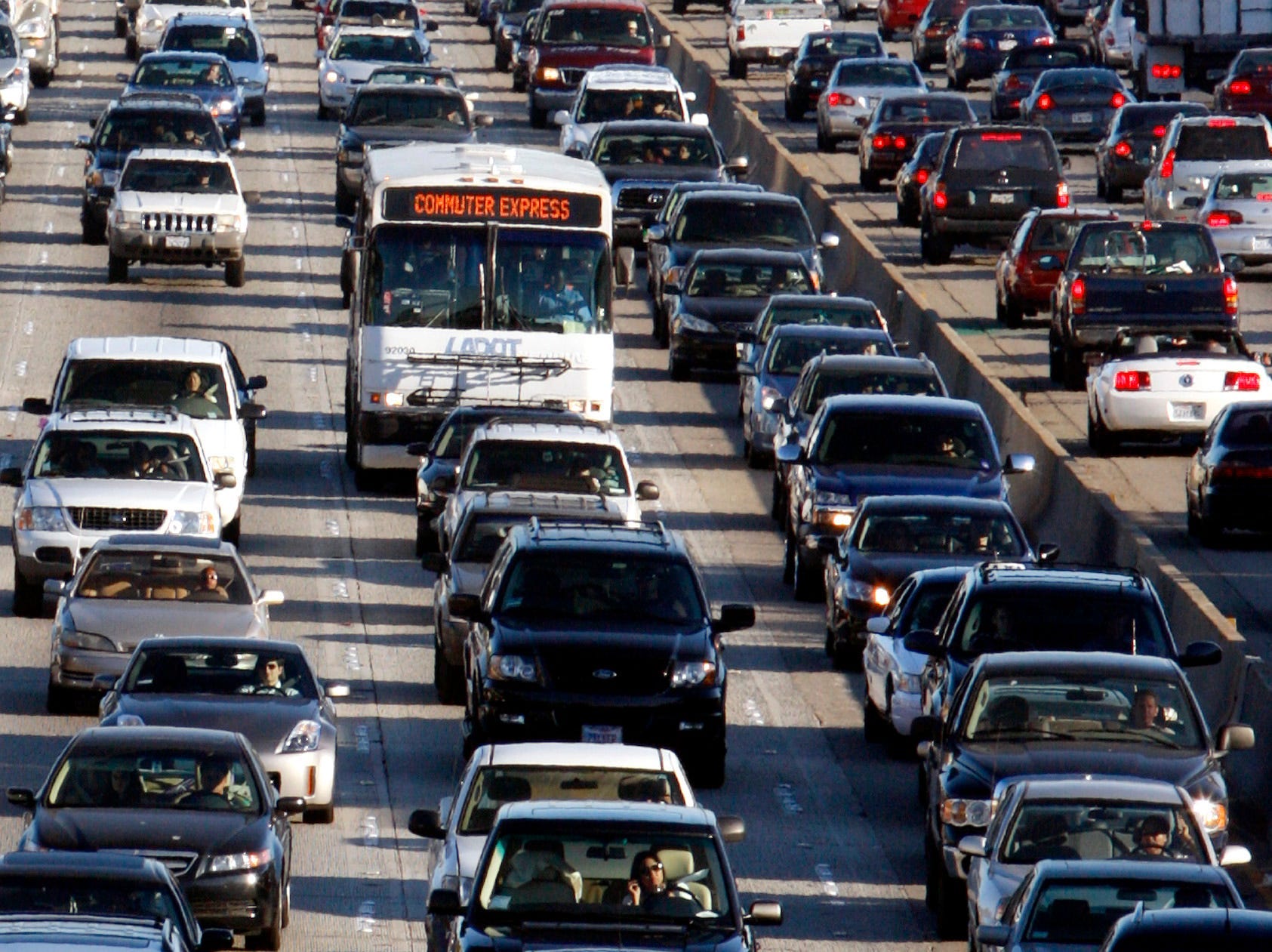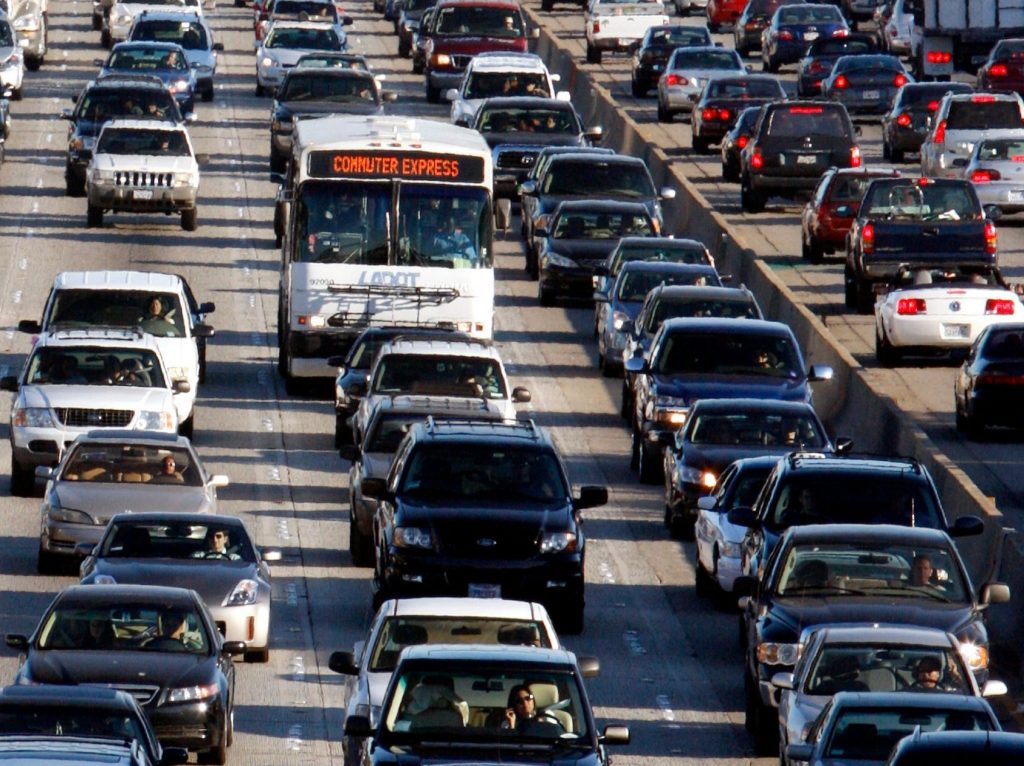
Lucy Nicholson/Reuters
- Summer road trips will be more expensive than ever this summer due to high gas prices.
- Fuel prices will linger near a 7-year high of about $3 per gallon throughout the summer.
- Rising demand, as well as a cyberattack on the US' largest oil pipeline, caused the surge in prices.
- See more stories on Insider's business page.
Summer road trips will come with a hefty price tag this year.
While the nation's largest fuel pipeline reopened last week, easing gas shortages across the country, the high prices are here to stay, according to Patrick De Haan, the global head of petroleum analysis at GasBuddy.
Many northeastern states are still recovering from gas shortages after a ransomware cyberattack on Colonial Pipeline – an oil line responsible for 45% of the Southeast's fuel supply – caused the pipeline to close for six days.
On Friday, gas outages across the nation hit a peak of over 16,000 gas stations without fuel. As of GasBuddy data from Tuesday, just over 10,000 gas stations remain without fuel, including 70% of stations in Washington DC.
De Haan told Insider the US fuel supply chain was not prepared for the level of panic buying the country saw following the cyberattack, as people stocked up on fuel – with some even filling plastic bags and tubs with gasoline.
As a result of panic buying, De Haan told Insider gas outages may continue for the next two weeks in DC, as well as several states including South Carolina, Georgia, and North Carolina, to name a few.
Even as fuel is replenished across the country, Memorial Day travel and summer road trips are expected to keep gas prices around a $3 national average, the highest prices since 2014. A GasBuddy survey found 57% of Americans plan to take at least one road trip this summer, as compared to only 31% last year. Nearly 40% of respondents said they planned to take a long road trip instead of traveling via airplane due to the pandemic.
Rising vacation costs could significantly dampen travel plans. 46% of GasBuddy survey respondents said that gas prices are directly impacting their travel plans, as compared to only 4% in 2020. The survey was completed by over 2,500 GasBuddy members at the beginning of May.
Even before the cyberattack, gas prices were on the rise as demand for fuel rose with US vaccination rates. Last month, fuel prices jumped 9% - their largest one-month increase in nine years - as shipping container shortages, port delays, and OPEC production cuts made the commodity increasingly valuable.
"The economy looks so strong that I don't think there will be a sizable break in demand," he said. "Demand will likely continue to go upward through the end of the summer."
De Haan said consumers may see a break in prices in the fall when demand begins to decrease, but he does not see prices falling anytime soon, with national average fuel prices ranging between $2.75 to $3.25 per gallon for the foreseeable future.
Fuel won't be the only commodity driving up your vacation costs. From skyrocketing vacation and car-rental prices to higher food prices, this summer will likely be an expensive one.

